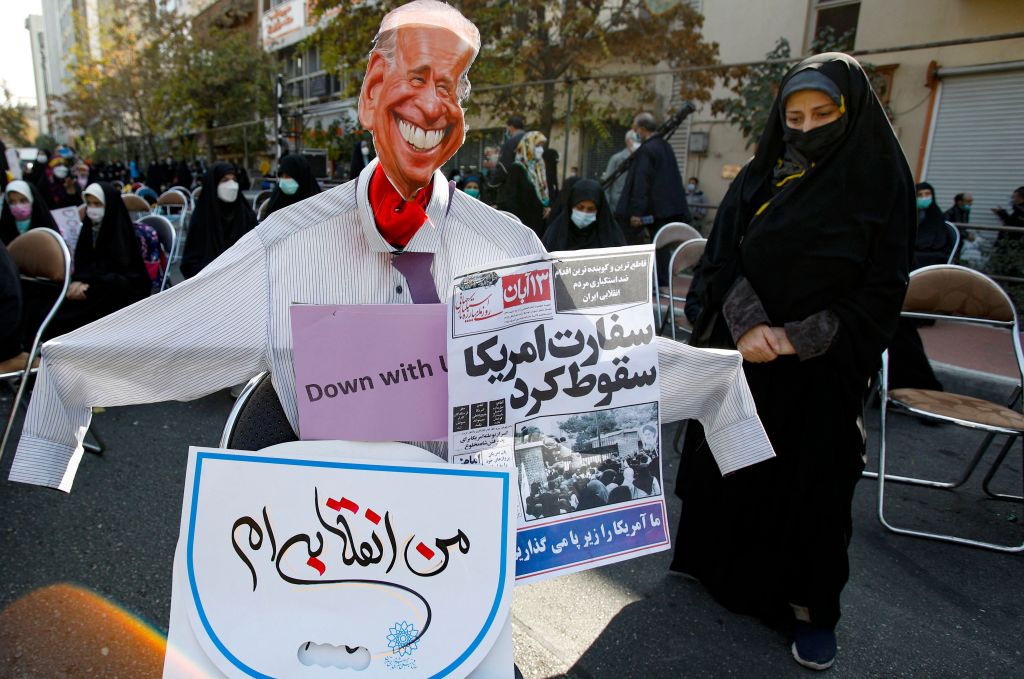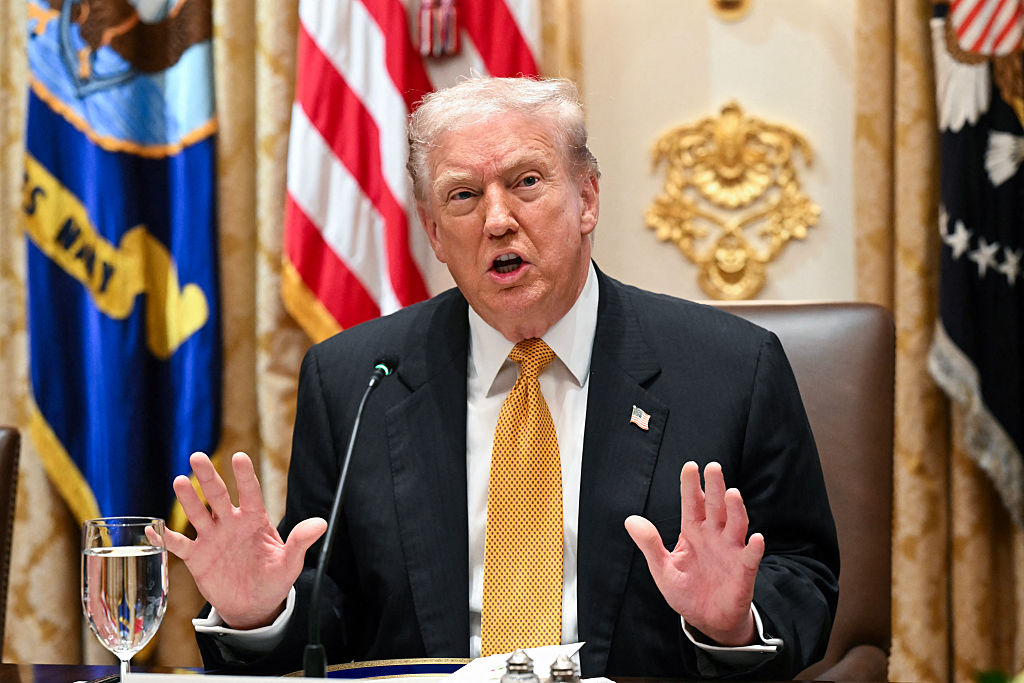Several sources in the negotiating team in Vienna tell Cockburn we can expect a “new Iran deal” between the Biden administration and the mullahs as early as Thursday morning.
For the last few months, Iran has been behaving stubbornly in negotiations, refusing to back down from its “red lines,” including lifting sanctions on Supreme Leader Ali Khamenei and the Islamic Revolutionary Guard Corps. Instead, it’s kept to the original timeline on the Iran deal, which would allow it to test ballistic missiles next year and remove all restrictions by 2030. Now, Iran’s resolve seems to have paid off.
- Sanctions: Cockburn’s sources say the Biden team is set to waive virtually all sanctions on Iran. Despite Congress’s opposition to the move, resistance appears to be futile: sanctions waivers are a prerogative of the executive branch
- Enrichment: The JCPOA stipulates enrichment to 3.25 percent. The new deal is believed to allow Iran to enrich to an even higher level (around 5 percent) as a symbolic concession
- Advanced centrifuges: Iran is already capable of making weapons-grade material so with the centrifuges they have in operation. Tehran is currently enriching uranium at 60 percent, which is a very small technical step away from weapons-grade (90 percent) — and a long way past the terms of the JCPOA or the new deal. Crucially, the new deal will allow Iran to keep its advanced centrifuges. Rather than destroy them, they’ll be kept in storage
- Breakout time: The original JCPOA offered a breakout time — the time it would take them to enrich enough weapons-grade uranium for one nuke — of around twelve months. Now we’re talking about five months as the best-case scenario. Storing the centrifuges will significantly lower Iran’s breakout time. That means that, if in 2025 a Republican president leaves the deal again, Iran will massively expand its nuclear program
Cockburn notes that Iran’s state-controlled media outlets have changed their tune. Like their American peers, they are already preparing the public for an imminent deal. The Biden team seems to be hoping that noise about the deal will be drowned out by the Ukraine crisis, and is betting that foreign policy will matter less for the November midterms than high oil and gas prices, which a deal with Iran would help ease.
Cockburn also hears that one of the motivations for the Iranians is that they’re preparing for a President Ron DeSantis in 2024. They think he would be the most likely candidate to dip out of a new deal. On that, at least, they may be right.

























